Revisiting Abhijnanasakuntalam: Love, Lineage and Language in Kalidasa's Nataka
Kalidasa’s Abhijnanasakuntalam has an iconic status in the history of Indian literatures. It is a tale of love found, forgotten and restored between Dushyanta, the hero king, and Sakuntala, an innocent maiden.
Bringing together linguists, literary critics, historians, Indologists and Sanskritists, Revisiting Abhijnanasakuntalam analyses the play as more than just a figment of imagination as a rich terrain for exploring links between culture, history and politics, as an interplay of memory, desire and languages. Divided into three sections, it focuses on the continuity as well as the change in the narrative of Sakuntala, locating it in contexts of class, caste, gender, patriarchy and monarchy.
The first section, The Biography of a Narrative, addresses the earliest appearance of the narrative in the epic Mahabharata, its best known form Abhijnanasakuntalam as naoaka, and William Jones’ Orientalist interpretation of the play. It also critically examines the varied representations of the play in diverse forms such as art, theatre and cinema.
Contrary to popular perception today that Sakuntala is the central protagonist of Abhijnanasakuntalam, the second section, ‘The Hero King’, addresses how and why Dushyanta is posited as the hero. It examines the representation of the king as the ideal in literature and its material reality in the context of the Gupta Period, the construction of kingship in different genres, and the politics of a courtly culture and patronage within which the articulation of the heroic king takes place.
The control of the womb is central to the reproduction of feudal and caste patriarchies. The third section, ‘Of Love, Marriage and Family’, deconstructs the politics of romantic love, marriage and motherhood in the play. The strategies of surveillance, regulation and control of sexuality by state and society as deployed in it are the focus of this section. The book thus looks into how the transactions within the play, whether dealing in love or land, through different languages, mark not only hierarchies of gender, caste and status, but also of spheres of influence and of knowledge.
A rich storehouse of diverse perspectives, this volume would be invaluable to students and scholars of literature, culture studies, history, linguistics, and performance studies.
Get it now and save 10%
BECOME A MEMBER

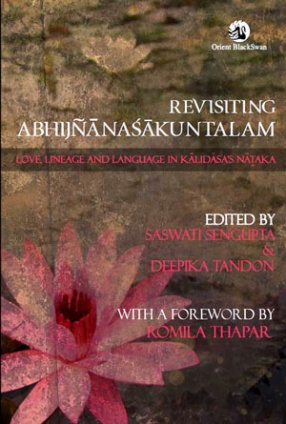
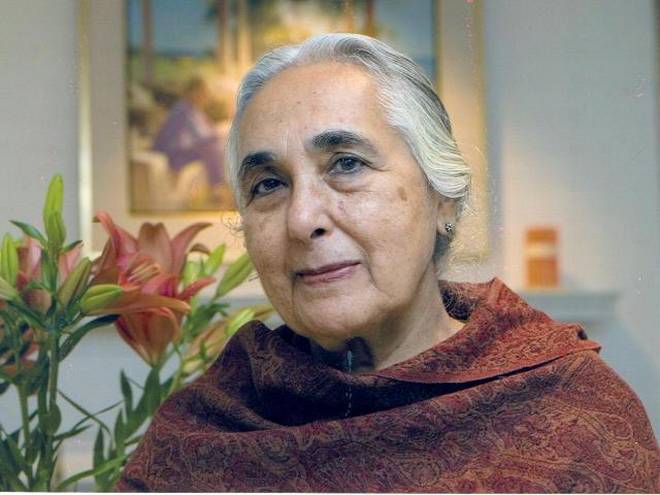
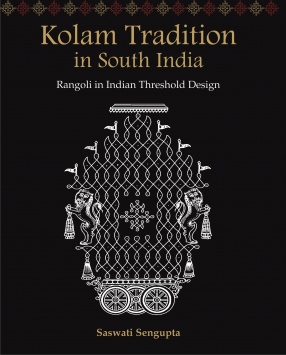
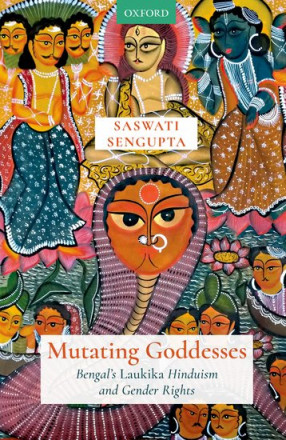

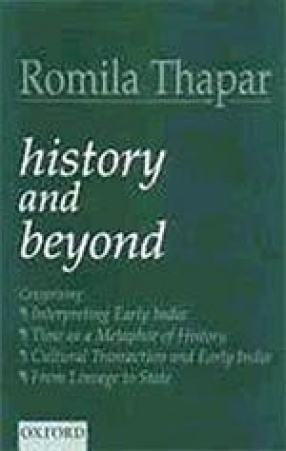
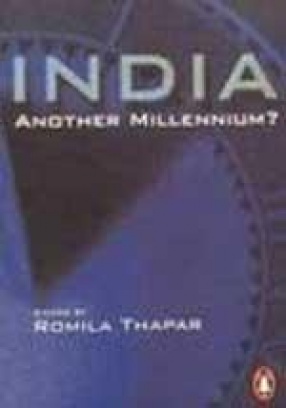
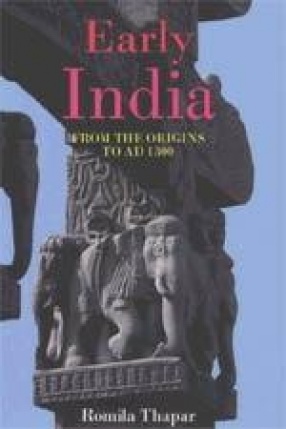
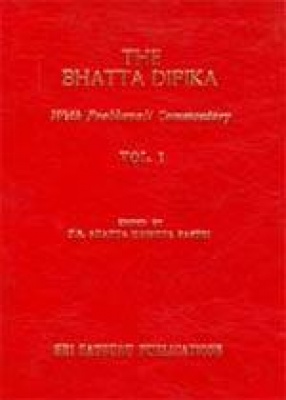

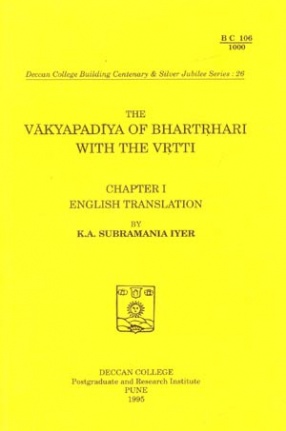
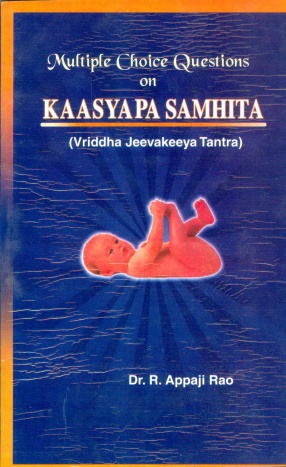

Bibliographic information
Deepika Tandon
Romila Thapar